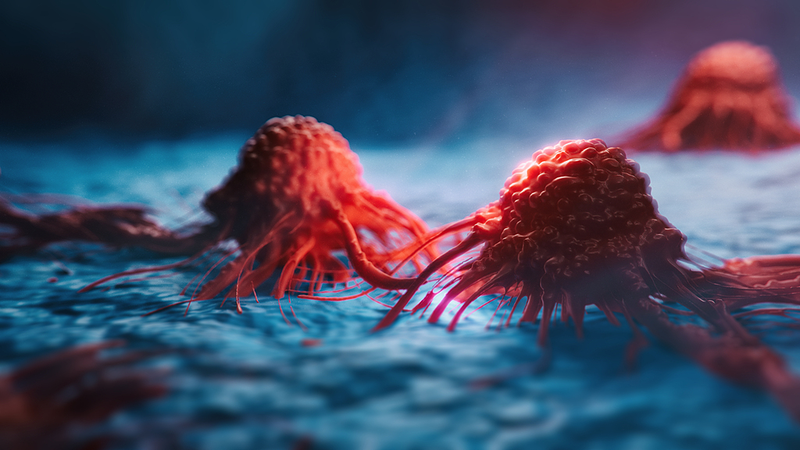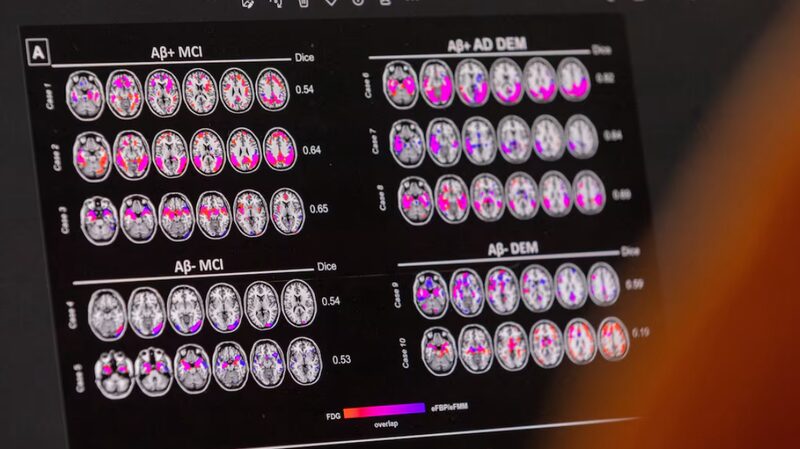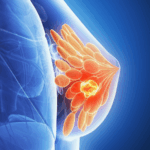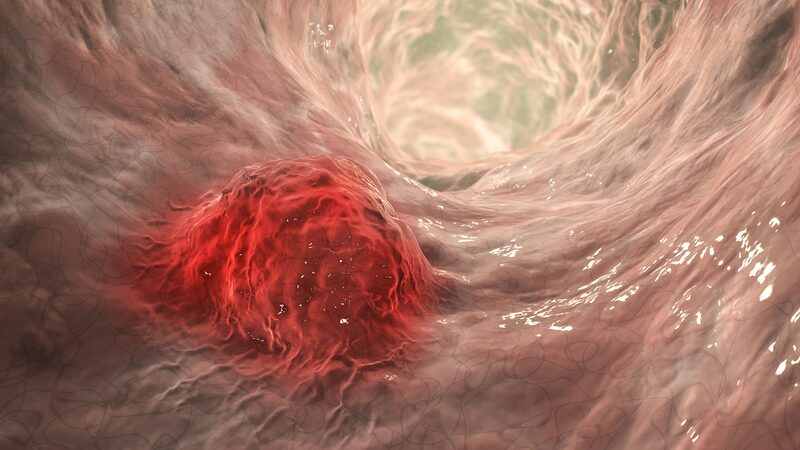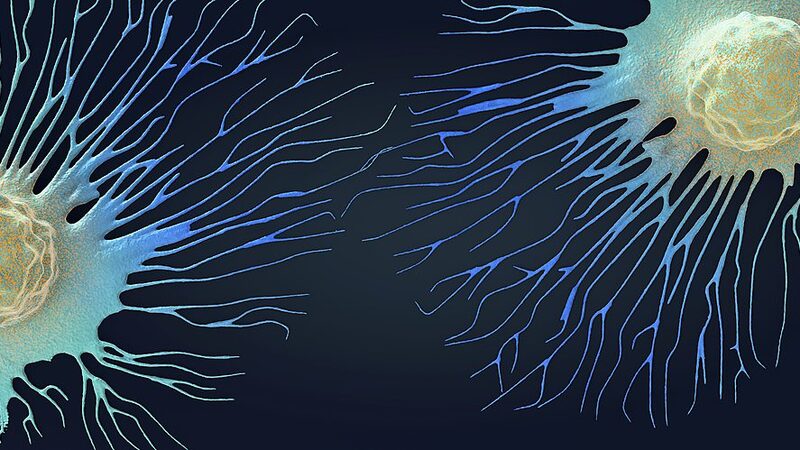Chinese researchers have cracked a critical mechanism by which breast cancer tumors manipulate nutrients to suppress immune defenses, opening new pathways for groundbreaking therapies. A landmark study published in Cancer Cell reveals how tumor cells mass-produce arginine—an essential amino acid—to reprogram immune cells into accomplices for disease progression.
Led by Professor Hu Hai of the Hangzhou Institute of Medicine and Zhejiang Cancer Hospital, with collaborators from Sun Yat-Sen University, the research exposes a metabolic 'hijacking' strategy. Breast cancer cells flood their microenvironment with arginine, which is absorbed by tumor-associated macrophages (TAMs). These immune cells convert the nutrient into polyamines, triggering genetic changes that force TAMs to protect tumors rather than attack them.
'The tumor essentially becomes a fortress guarded by corrupted immune cells,' explained Professor Luo Man-Li, co-author of the study. Using advanced single-cell analysis, the team documented how this process silences CD8+T cells—the body's frontline cancer fighters—allowing tumors to thrive undetected.
Preclinical trials show promise: Blocking arginine metabolism restored immune activity and slowed tumor growth. Researchers propose combining metabolic inhibitors with existing immunotherapies to disrupt this恶性循环 (vicious cycle). While focused on breast cancer, the findings may apply to other malignancies exploiting similar tactics.
This discovery highlights China's growing role in precision oncology innovation, offering hope for therapies that simultaneously attack tumors and reactivate natural immunity—potentially transforming cancer treatment paradigms worldwide.
Reference(s):
Study reveals how tumors hijack key nutrient to evade immune attack
cgtn.com
